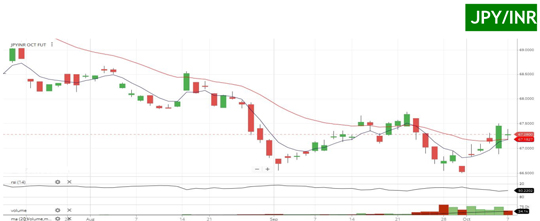

**Government Holds Petrol Price Steady, Cuts Diesel Prices by Rs 12.84 Starting August 16**
In a notable initiative intended to offer relief to consumers and tackle economic issues, the government has revealed that it will keep the petrol price unchanged while cutting the diesel price by Rs 12.84 per liter, effective August 16. This move is part of a comprehensive strategy to manage inflation and assist various economic sectors that significantly depend on diesel.
**Petrol Prices Stay the Same**
The choice to keep petrol prices at their present rates is viewed as a stabilizing tactic. Petrol, a key fuel for personal vehicles, directly affects transportation costs for individuals. By maintaining steady petrol prices, the government seeks to ensure that household finances are not further burdened, particularly in urban regions where petrol use is greater.
**Notable Drop in Diesel Prices**
The decrease in diesel prices by Rs 12.84 per liter is anticipated to have extensive effects across several sectors. Diesel serves as the principal fuel for commercial vehicles, farming equipment, and industrial activities. The price reduction is expected to lower transportation and logistics expenses, potentially resulting in decreased prices for goods and services, thus relieving inflationary pressures.
**Effects on Agriculture and Industry**
The agricultural sector, which heavily relies on diesel for running tractors, harvesters, and irrigation systems, is likely to gain significantly from the price cut. Reduced diesel costs can lower the total cultivation expenses, possibly leading to improved profit margins for farmers and more stable prices for consumers in the food market.
Industries that utilize diesel for energy generation and the transport of raw materials and finished products will also experience a drop in operational expenses. This could improve competitiveness and profitability, especially for small and medium-sized enterprises.
**Economic and Environmental Factors**
While the drop in diesel prices is anticipated to boost economic activity, it also prompts considerations regarding environmental effects. Diesel engines are recognized for producing higher emissions in contrast to petrol engines. The government may need to find a balance between economic advantages and environmental regulations to ensure sustainable growth.
**Conclusion**
The government’s choice to keep petrol prices unchanged while substantially lowering diesel prices illustrates a strategic focus on addressing economic challenges. By relieving cost pressures on crucial sectors and consumers, this action is expected to positively affect the economy. Nonetheless, it will be crucial to observe the long-term implications, particularly for environmental sustainability and fiscal factors. As the revised pricing comes into effect from August 16, stakeholders in various sectors will be keenly monitoring the results of this policy adjustment.






